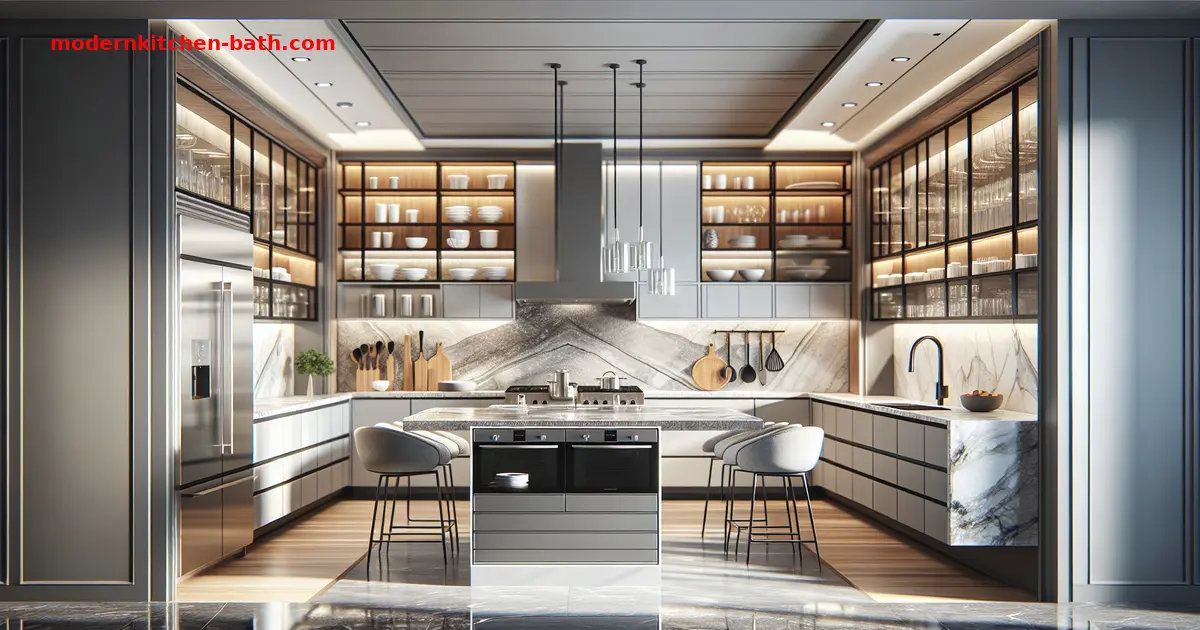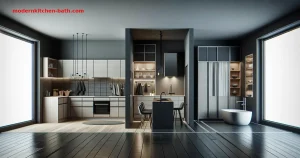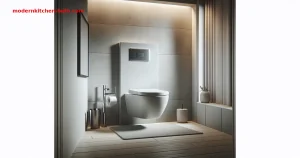Introduction
When it comes to kitchen renovation, choosing the right materials is crucial, and countertops are at the forefront of this decision. At our company, we understand the significance of selecting the best countertop materials for kitchens, as they influence both aesthetics and functionality. In this guide, we will explore various countertop materials, highlighting their pros and cons, to help you make an informed choice.
1. Granite
Granite has emerged as a top choice among homeowners seeking durability and elegance. Pros:
- Extremely durable and resistant to scratches and heat.
- Available in a variety of colors and patterns, making it easy to match any kitchen design.
- Natural stone, offering a unique surface for each slab.
Cons:
- Requires periodic sealing to prevent staining.
- Can be heavy and may need additional support in cabinetry.
Maintenance Tips for Granite
To maintain your granite countertops, clean spills immediately and use a mild detergent and warm water for daily cleaning. Re-sealing every 1-2 years can enhance durability.
2. Quartz
Quartz countertops are engineered stones that combine natural quartz crystals with polymer resins. Pros:
- Non-porous, making it resistant to staining.
- Low maintenance and no sealing required.
- Available in a wide range of colors and patterns.
Cons:
- Can be more expensive than other materials.
- Less heat resistant than granite.
Cleaning Quartz
Cleaning quartz is simple. Use a mild soap with warm water or a pH-balanced cleaner. Avoid harsh chemicals to prevent damage to the surface.
3. Marble
For those seeking luxury, marble countertops can be an excellent choice. Pros:
- Stunning, timeless aesthetic that can elevate kitchen design.
- Heat-resistant surface ideal for baking preparations.
Cons:
- More susceptible to scratches and stains.
- Requires regular sealing and maintenance.
Maintaining Marble
To keep marble countertops looking pristine, be sure to use cutting boards and coasters. Seal your marble every 6 to 12 months.
4. Laminate
Laminate is a cost-effective option that has gained popularity. Pros:
- Affordable and available in numerous designs and colors.
- Easy to install and maintain.
Cons:
- Not as durable as stone alternatives.
- Can be damaged by heat and sharp objects.
Laminate Care
Keep laminate surfaces clean by using a damp cloth with a mild cleaning solution. Avoid placing hot pans directly on the surface.
5. Solid Surface
Solid surface countertops, like Corian, offer a seamless look. Pros:
- Repairable surface for scratches and stains.
- Non-porous, making it easy to clean.
Cons:
- Less heat resistant compared to stone options.
- Can be prone to scratching.
Cleaning Solid Surface
Regular cleaning of solid surface countertops is vital. Utilize a soft cloth with soap and water for daily maintenance.
Conclusion
Choosing the right countertop material for your kitchen ultimately depends on your needs, style preference, and budget. We hope that our guide to the best countertop materials for kitchens has provided you with the insight necessary to make an informed decision. Always consider both the functionality and aesthetic appeal of the materials before making your final choice.
FAQs
What is the best countertop material for a busy kitchen?
Granite and quartz are the best countertop materials for busy kitchens due to their durability and resistance to stains.
How do I maintain my kitchen countertops?
Maintenance varies by material, but generally involves regular cleaning and sealing for stone materials. Consult specific care instructions for your surface.
Are laminate countertops worth it?
Laminate countertops offer an affordable and versatile option, but may require more cautious use to prevent damage.







Leave a Comment